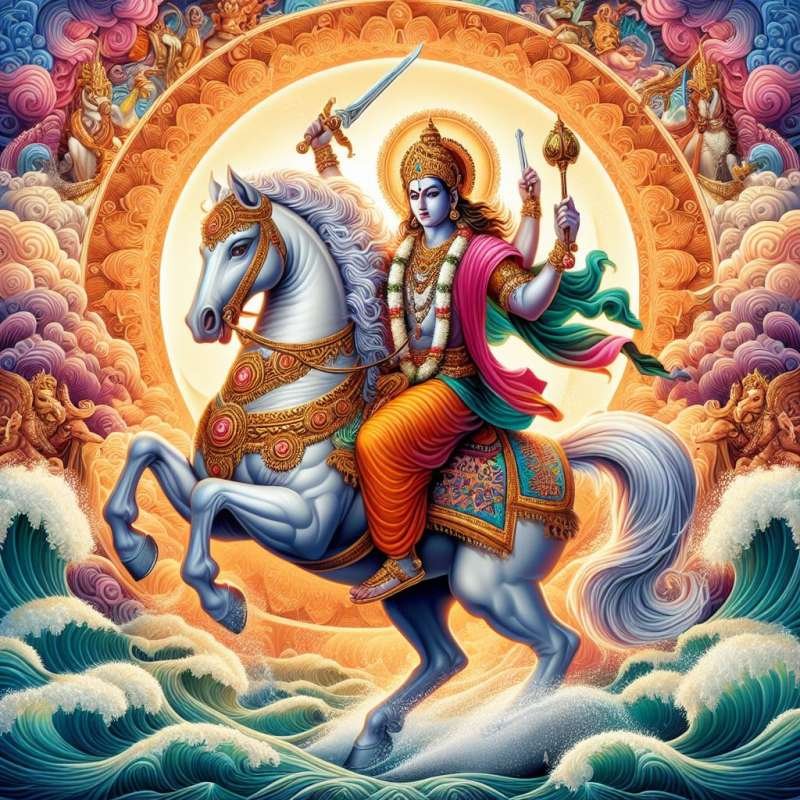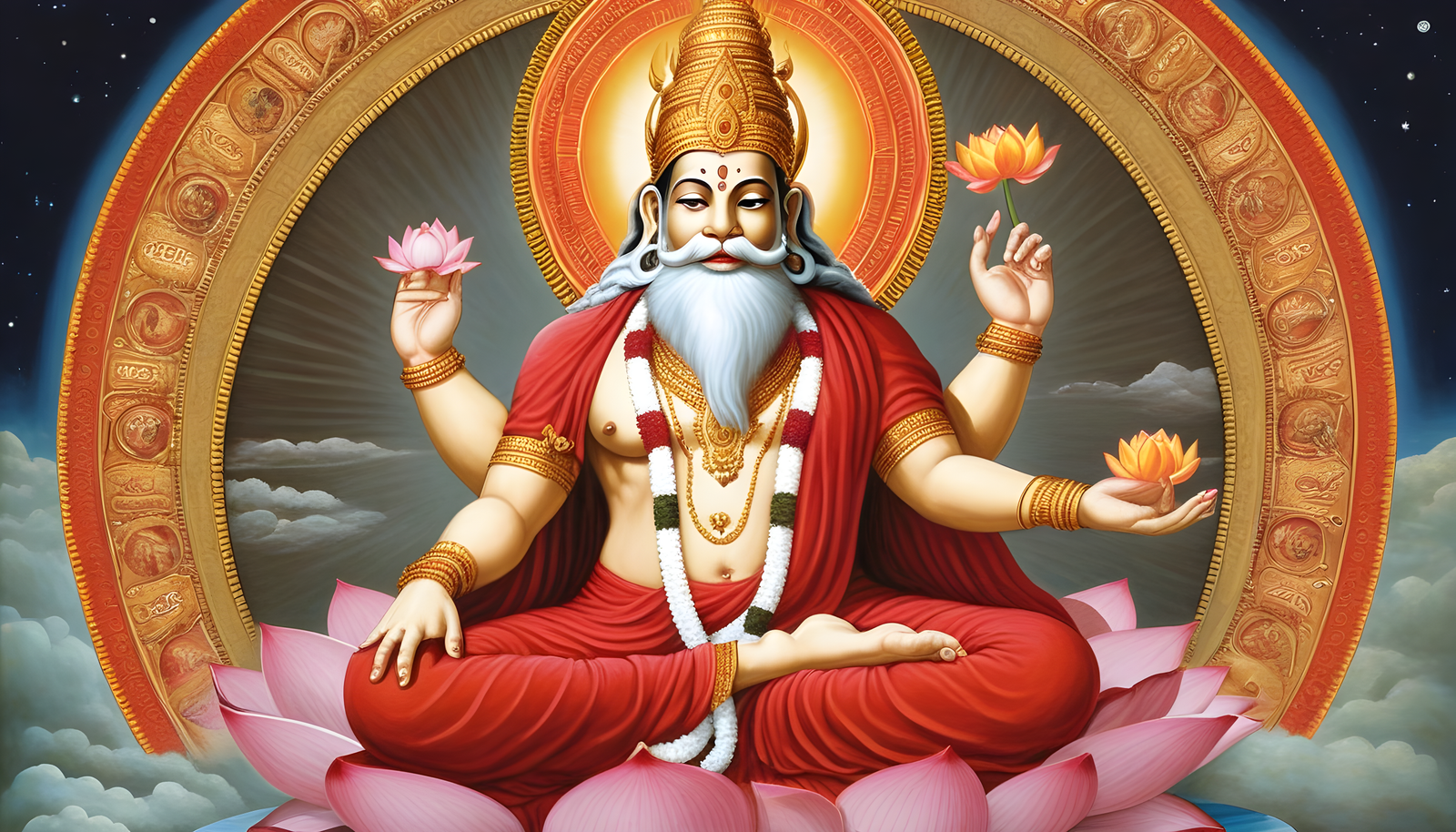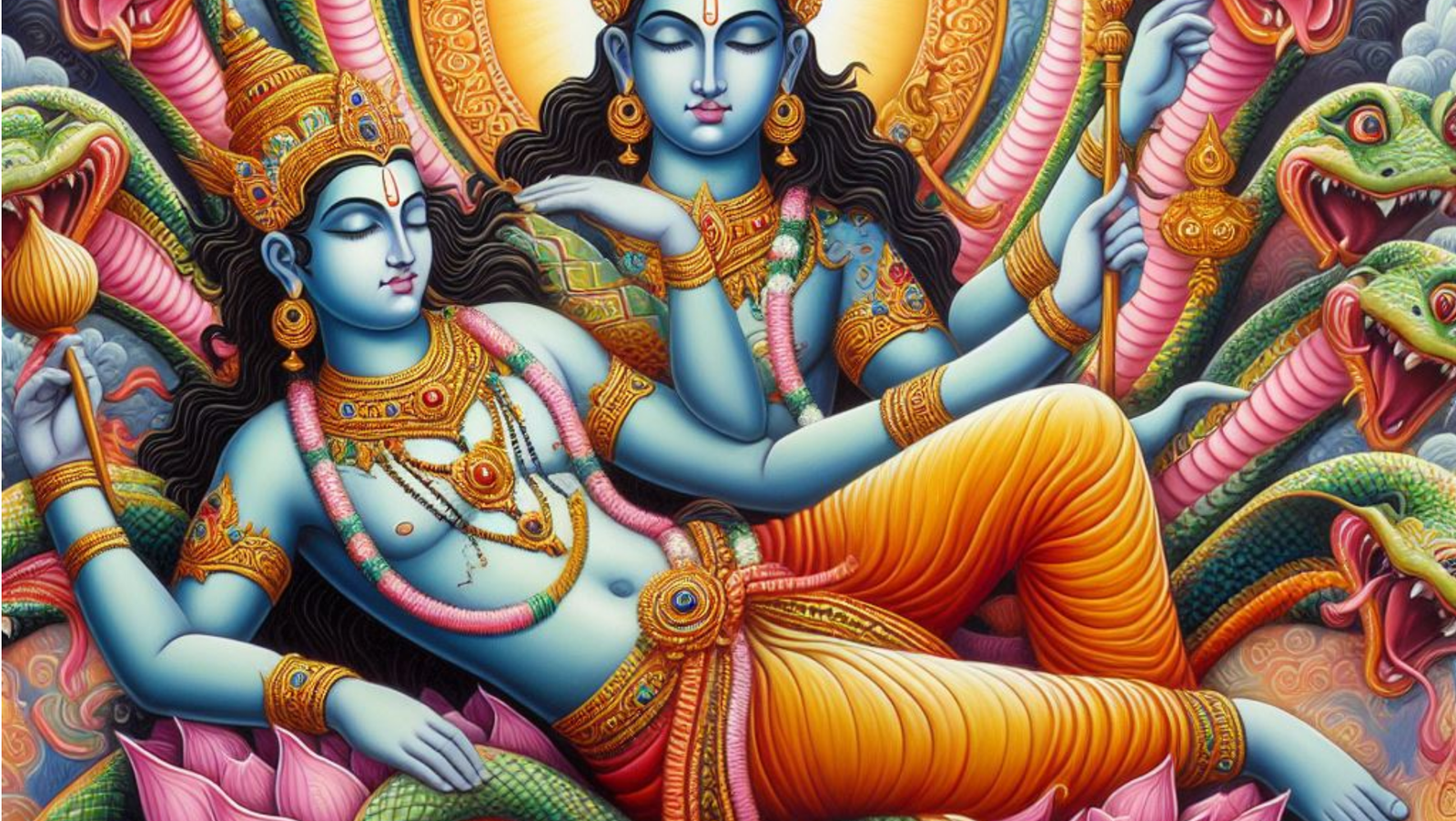Which Religion Is The Oldest?
Hinduism is often cited as one of the oldest known organized religions, with its roots tracing back to the ancient civilizations of the Indus Valley around 2500 BCE. It's indeed one of the oldest continuously practiced religions in the world.
Hinduism is a complex and diverse religious tradition that has evolved over thousands of years, with its origins rooted in the ancient civilizations of the Indian subcontinent. While pinpointing an exact origin or founder of Hinduism is challenging due to its gradual development and assimilation of diverse cultural and religious elements, scholars often trace its beginnings to the ancient Indus Valley civilization, also known as the Harappan civilization, which flourished around 2500 BCE to 1900 BCE.
Several key factors contribute to the understanding of Hinduism's origins and its status as one of the oldest organized religions:
1. Indus Valley Civilization: Archaeological excavations at sites such as Mohenjo-Daro and Harappa have revealed evidence of sophisticated urban planning, trade networks, and religious artifacts, suggesting a complex and organized civilization with religious practices that laid the foundation for Hinduism.
2. Vedas: The oldest sacred texts of Hinduism are the Vedas, composed in the ancient Indo-Aryan language of Sanskrit. The Rigveda, the oldest of the four Vedas, contains hymns and rituals dating back to around 1500 BCE, although some scholars suggest an even earlier date. These texts form the basis of Hindu religious thought and practice.
3. Evolution and Syncretism: Hinduism evolved over centuries through the integration of diverse cultural, religious, and philosophical traditions, including Vedic, Brahmanical, Dravidian, and indigenous beliefs. This syncretism contributed to the richness and diversity of Hindu religious thought and practices.
4. Epics and Puranas: The epics of the Ramayana and Mahabharata, along with later texts known as the Puranas, played a crucial role in shaping Hindu mythology, ethics, and cosmology. These narratives expanded and enriched Hindu religious traditions and continue to be revered and studied today.
5. Continuity and Adaptability: Despite numerous historical and cultural changes over millennia, Hinduism has demonstrated remarkable continuity and adaptability, allowing it to survive and thrive through various political, social, and religious transformations in the Indian subcontinent.
Overall, while the exact origins and early development of Hinduism remain subjects of scholarly debate, its deep historical roots, complex religious texts, diverse practices, and continuity over thousands of years affirm its status as one of the oldest organized religions in the world.
You may also like …
Are You The Proud Hindu?
The Trimurti
Create an account to join us and start taking part in conversations.
SIGNIN



